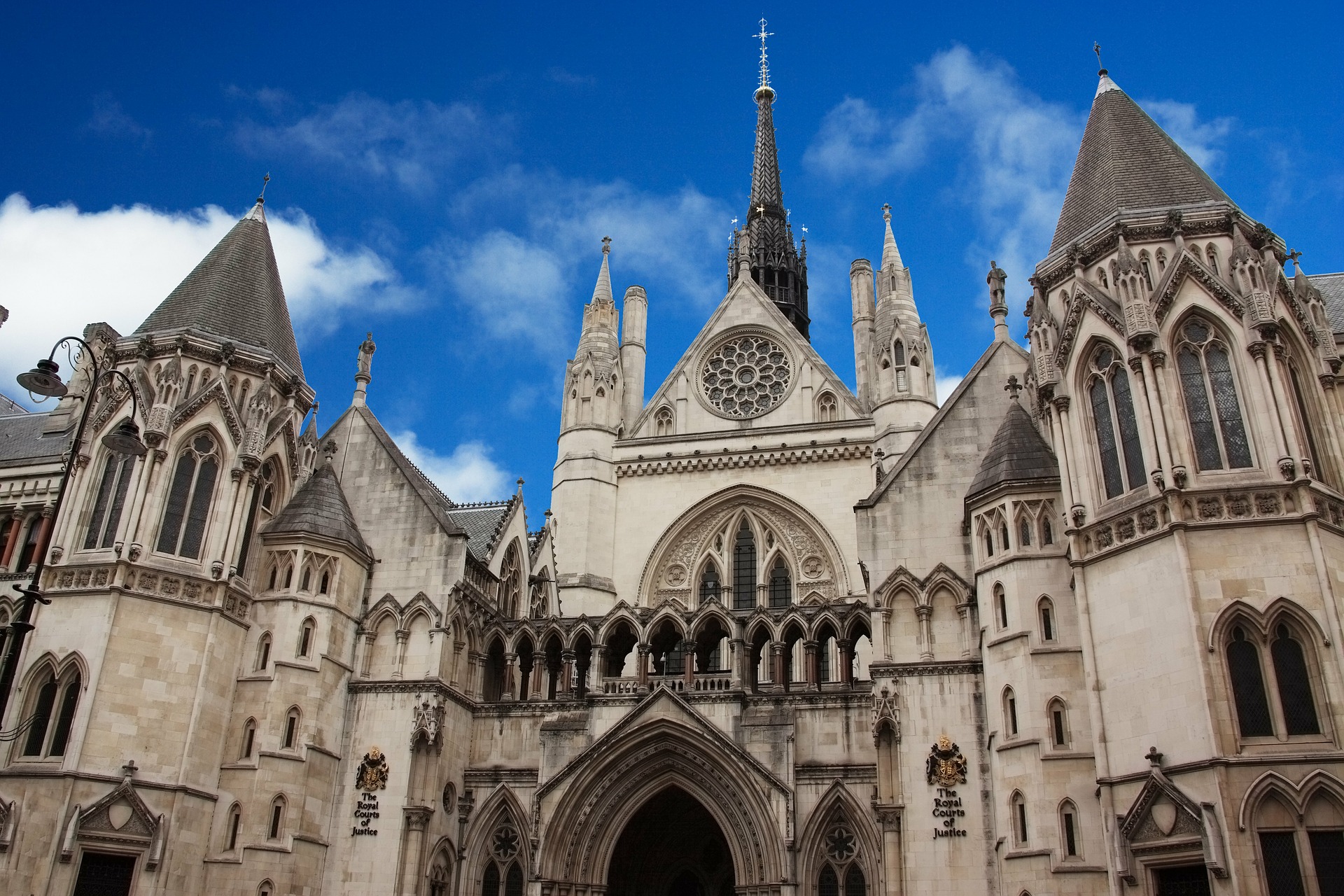Laws Governing Criminal Appeals to Be Reviewed

Criminal Appeals in the Spotlight
The Law Commission of England and Wales has announced that it will launch a wide-ranging review of the laws governing appeals for criminal cases.
The Commission has been asked by the Government to examine the need for reforms to the appeals system, to ensure that the courts have the right powers to enable the effective, efficient and appropriate resolution of appeals.
The comprehensive review, which will include a public consultation, follows calls from several leading bodies, including the Justice Select Committee and Westminster Commission on Miscarriages of Justice, for improvements to the law on appeals to be considered.
The new project will consider the need for reform, with particular focus on identifying any inconsistencies, uncertainties and gaps in the law that may be hindering the ability of the appeals system to function as effectively and fairly as possible.
As part of the new review, areas that will be considered by the Law Commission include:
• The powers of the Court of Appeal – the senior court that hears appeals in England and Wales – including its power to order a re-trial of a case or substitute a conviction for another offence.
• Whether there is evidence that the “safety test” – the test used to grant an appeal against a conviction on the grounds that it is “unsafe” (for example, because of a major error in the trial) – may make it difficult to correct any miscarriages of justice.
• The test used by the Criminal Cases Review Commission (CCRC) – the independent body responsible for investigating potential miscarriages of justice – that governs when it can refer a case back to the Court of Appeal for further consideration.
• The Attorney General’s powers to refer a case to the Court of Appeal because the sentence is “unduly lenient”.
• The Crown Court’s sentencing powers for a new trial that is the result of an appeal.
• Laws governing the retention and disclosure of evidence for a case, including after conviction, and retention and access to records of proceedings.
Terms of Reference
The Law Commission will consider the following:
Appeals against conviction and sentence in the Court of Appeal (Criminal Division) (‘CACD’)
(1) Whether the CACD has adequate and appropriate powers to: (a) order a re-trial, substitute a conviction, or substitute a sentence; and (b) make directions regarding time spent in custody pending appeal.
(2) Whether there is evidence which suggests that the test for allowing an appeal on the grounds that a conviction is unsafe may hinder the correction of miscarriages of justice, including with regard to: (a) the approach to fresh evidence; (b) the approach to “lurking doubt” or grounds not attributable to fresh evidence or a material irregularity; and (c) the test of “substantial injustice”, which applies in cases where there is an appeal on the basis of a subsequent change in the common law
(3) Whether the law in relation to grounds of appeal provides sufficient certainty to allow a convicted person to receive clear advice about the prospects of an appeal.
(4) Whether the Attorney-General’s powers to refer a matter to the CACD are adequate and appropriate.
(5) Whether codification of common law tests in relation to grounds for appeal against conviction and sentence may be warranted.
(6) Whether the composition of judicial panels in the CACD is an efficient and effective use of court resources and judicial time, while serving the interests of justice.
Appeals against matters other than conviction and sentence in the CACD
(7) Whether the CACD has adequate and appropriate powers to deal with appeals relating to findings on fitness to plead.
Appeals against conviction and sentence in the Magistrates’ Court and Crown Court
(8) Whether the rights to appeal and processes for appeals in summary matters are an efficient and effective use of court resources and judicial time, while serving the interests of justice.
(9) Whether the Crown Court has adequate and appropriate sentencing powers in a new trial that is a result of an appeal. Referral of matters from the Criminal Cases Review Commission
(10) Whether the conditions for referring cases to the CACD under the Criminal Appeal Act 1995 allow the CCRC to fulfil its functions.
Evidence and records of proceedings
(11) Whether appeals (both from CCRC referrals and generally) are hampered by inadequate laws governing the retention and disclosure of evidence, including post-conviction, and retention and access to records of proceedings.
Consolidation of statutory provisions
(12) Whether consolidation of rights to appeal, which are currently spread across a number of statutes, may make the law clearer and more consistent.
How We Can Help
The Appeal process is a crucial part of the justice system. If you have any questions about the review or appeals in general, please do contact us on 0161 477 1121 or email us.


